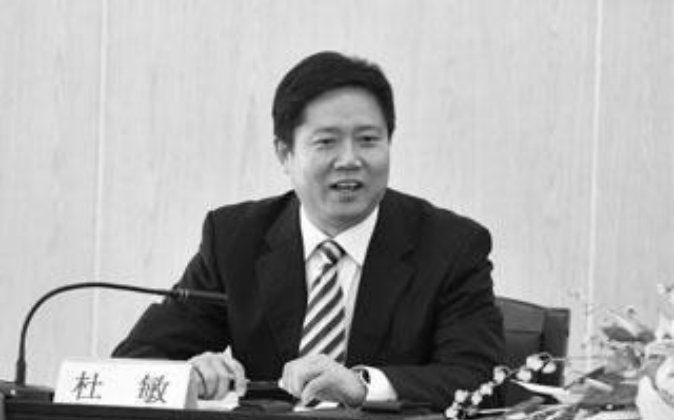A former rising cadre of the Chinese Communist Party (CCP), who was appointed as deputy head of a major city police station at the age of 35, recently received a heavy prison sentence for his corruption charges. However, he has committed a more egregious crime that the Chinese authorities failed to mention, according to a U.S.-based nonprofit organization.
On June 7, the Chuxiong City Intermediate People’s Court sentenced Du Min—who had a long tenure in Kunming City in the southwestern province of Yunnan as former deputy mayor; deputy, then head police chief; party secretary of the city’s Political and Legal Affairs Commission; and party chief of the Yunnan police academy—was sentenced to 11 years in prison and fined 1 million yuan (about $156,174) for corruption, according to the website of state-run newspaper Yunnan’s Legal Daily.





